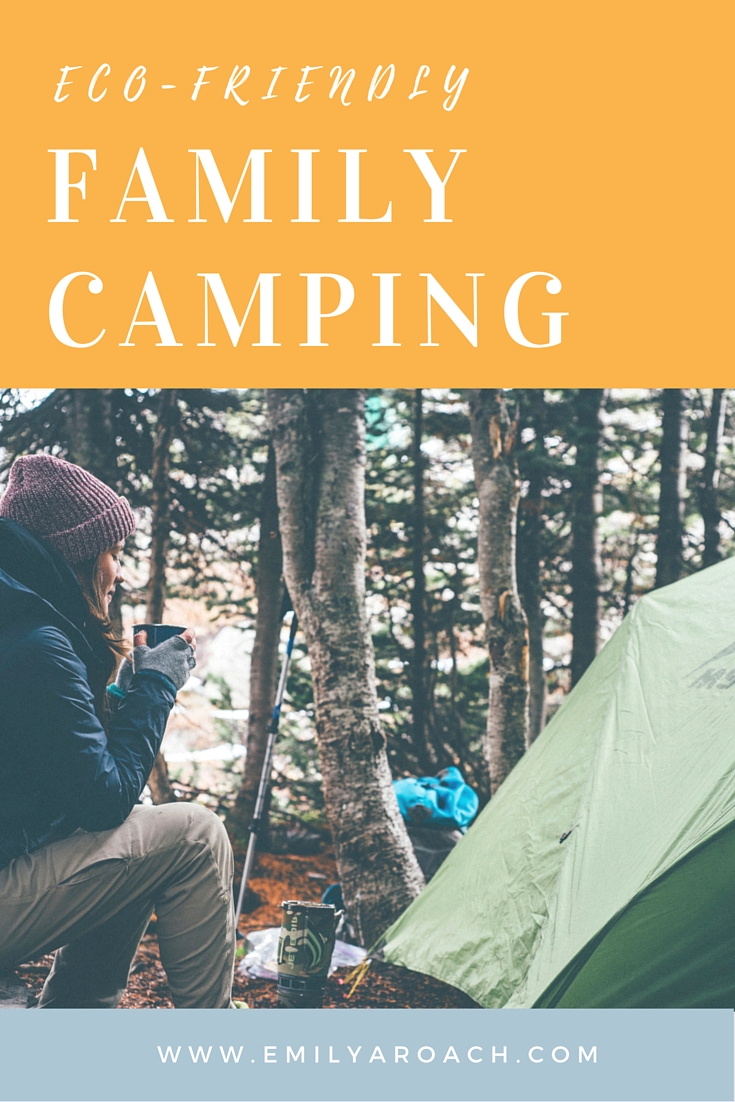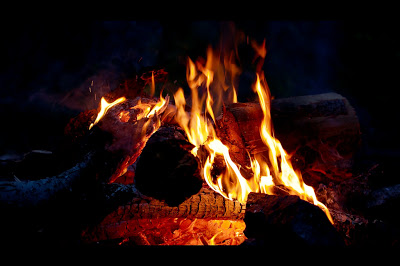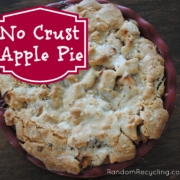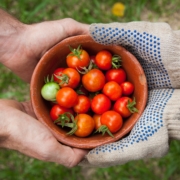
Please welcome my guest blogger Elizabeth who is sharing some great sustainable camping tips. I have been camping once so I am happy to have someone with a lot more experience share some fun ways to stay green while camping.
Since I have grown up, camping has taken on a whole new interesting twist for me. Now I have a growing interest in all things frugal, but also in trying to be sustainable and take care of the same environment I’ve grown to love spending so much time in.
- Don’t bring firewood that isn’t from that particular area. This creates a risk of introducing disease and pests that could wreak havoc on the beautiful place you are staying.
- Make sure you never leave your fire or hot coals unattended. Also, if possible try to only have fires in designated areas.
- My mom always taught us to leave the campsite cleaner than it was when we arrived, and I think it’s one of the best pieces of advice for any camper.
- BPA-Free reusable plastic kitchenware comes in all sorts of shapes, sizes, and colors. Check out the Sea To Summit X Bowl & X Plate which is collapsible so it saves you room. They also have the Delta Plate and Delta Bowl.
- Check out the many metal-based products out there. The MSR Mountain Plate is stainless steel and lightweight, while still being a bit more sturdy then the cheaper aluminum plates. Enamelware plates are also really popular choices like this GSI Metal Rim Plate. If you are interested in a bit more of an investment, check out this Snow Peak Titanium Plate that leaves no metallic taste in your food and will not rust.
- Sporks are not just a fun idea for kids in school, so check around for some great multipurpose reusable utensils. The Delta Spork with Serrated Knife is BPA-Free and is ergonomically designed for easy use. Bamboo has become known as a great sustainable resource and so I was excited to find these Bamboo RePEaT Utensil Sets that come with cute cases in various colors, but it doesn’t just stop at bamboo. Those cases are made from recycled PET plastic! How great is that?
- Check out local thrift stores for hand towels you can pack with you to use instead of paper towels. The great things with these are that you can just simply rinse them out and then you hang them up to dry and they’ll be ready to go by your next meal generally.
- Meet your campsite neighbors.
- See if your campsite has fun activities for the kids (or the adults – bingo anyone?).
- Walk trails.
- Bring your bicycles.
- Go swimming if you can.
- Create traditions.
About the Author

Need more Camping Food ideas? Check out the Kitchen Stewardship in the Big Woods ebook with lots of real food recipes for camping. Plus tips on how to organize your campsite and what to pack to keep the kids entertained. (Disclosure: I am an affiliate of Kitchen Stewardship ebooks. I love her recipe books and I get a small percentage of each book sold. Happy reading.)
photo credit: bulliver via photopin cc










Elizabeth is my Grand-Daughter. I loved all of the things she wrote but the one that made the most proud was about "leaving your campsite cleaner than when you arrived." Her Mom learned that truism from me and I am proud to see the legacy continue! She has taken everything so much further than we did that now she teaches us. Also her son is the Fourth Generation of "green campers" and he and his cousin are learning from the very beginning of their lives! YEA!
I can't believe people need to be told to clean up! The whole idea of camping is to appreciate nature. Before 'modern"plastic we all took our things in and out.
I must say, if your site has no electric(not always a green choice) the old ice cooler is the only choice unless you go the way of no cook meals, like granola.
Hi to all, how is the whole thing, I think every one is getting
more from this site, and your views are pleasant designed for new people.